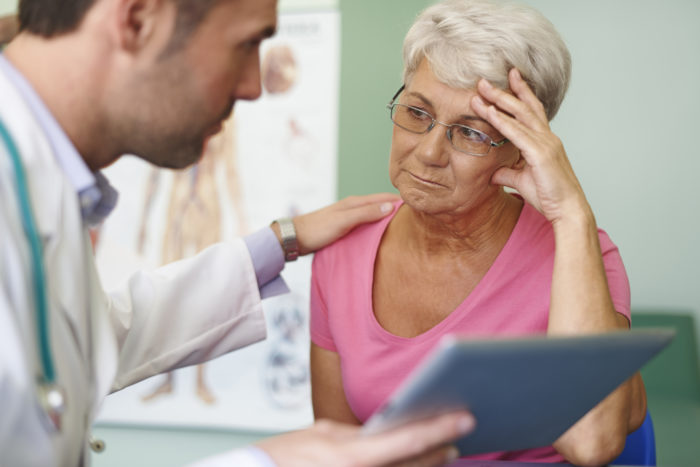Americans have postponed cancer screenings and other cancer care to avoid COVID-19 exposure, new data confirms. But they may inadvertently be trading one health risk for another.

The drop-off in cancer care can be seen across the board. The number of patients receiving preventive screenings, like mammograms, dropped by about 95%. So did the total number of colonoscopies and biopsies.
Because cancer can advance rapidly, months without intervention could mean fewer treatment options and worse outcomes, including more deaths. One study estimated that the U.S. cancer mortality rate will increase by nearly 10,000 deaths over the next decade because of COVID-19’s impact on oncology care.
Meanwhile, patients already diagnosed and receiving treatment have a difficult decision to make during the pandemic. They could stop or modify their cancer treatment to decrease their risk of COVID-19. But in doing so, they may increase their risk of cancer progression. Alternatively, they could continue their cancer treatment, but certain medications may weaken their immune system, putting them at greater risk of contracting the coronavirus.
Many patients have opted to “wait it out.” Others have experienced disruptions beyond their control. A recent survey found that 62% of cancer patients saw COVID-19 affect their cancer care in some way, and 37% reported delays in receiving care.
Health care professionals worry about the toll of dangerous delays and health care trade-offs. As the director of the National Cancer Institute explained, “Cancers being missed now will still come to light eventually but at a later stage…and with worse prognoses.”
“Ignoring life-threatening non–COVID-19 conditions such as cancer for too long,” he added, “may turn one public health crisis into many others.”

